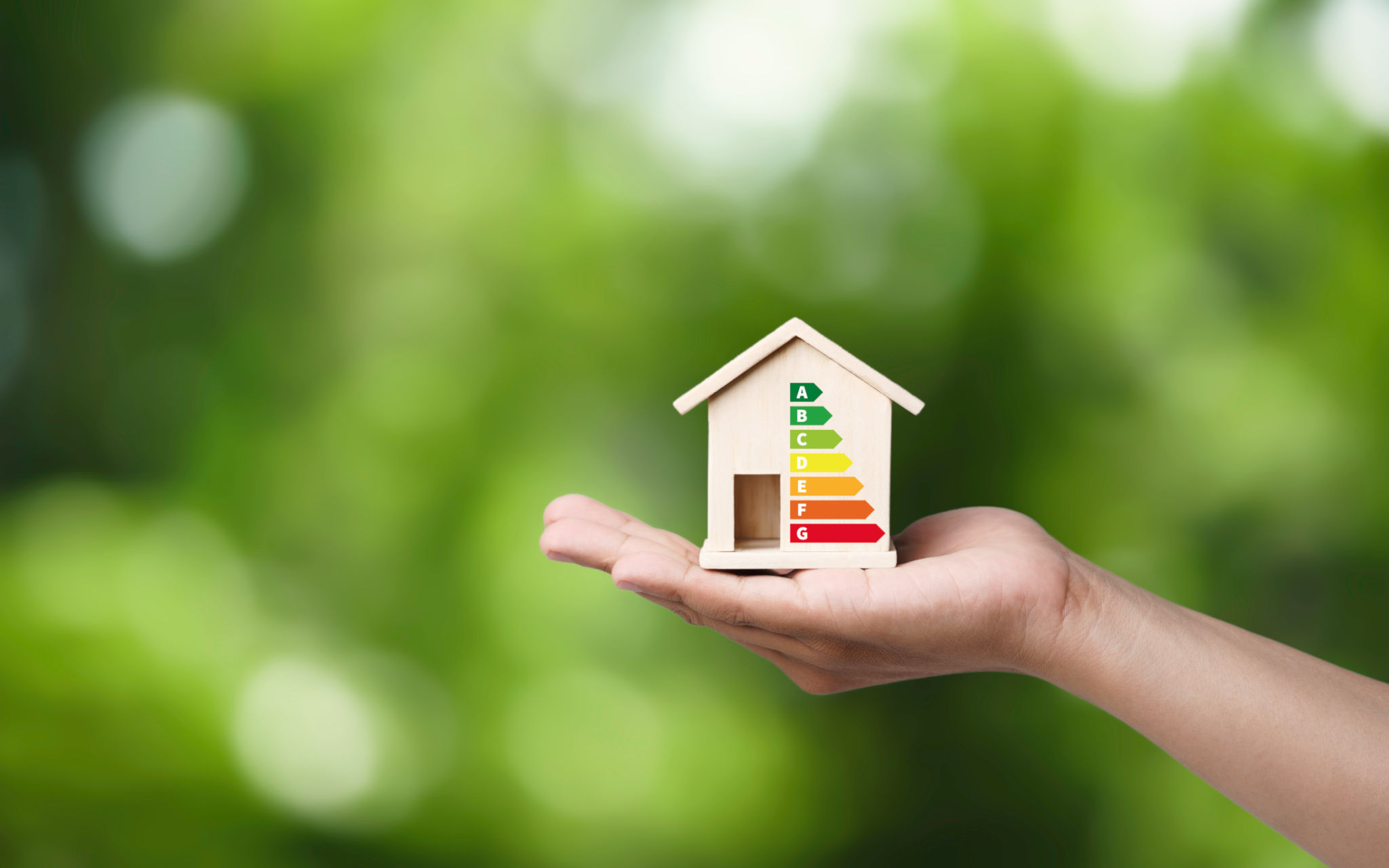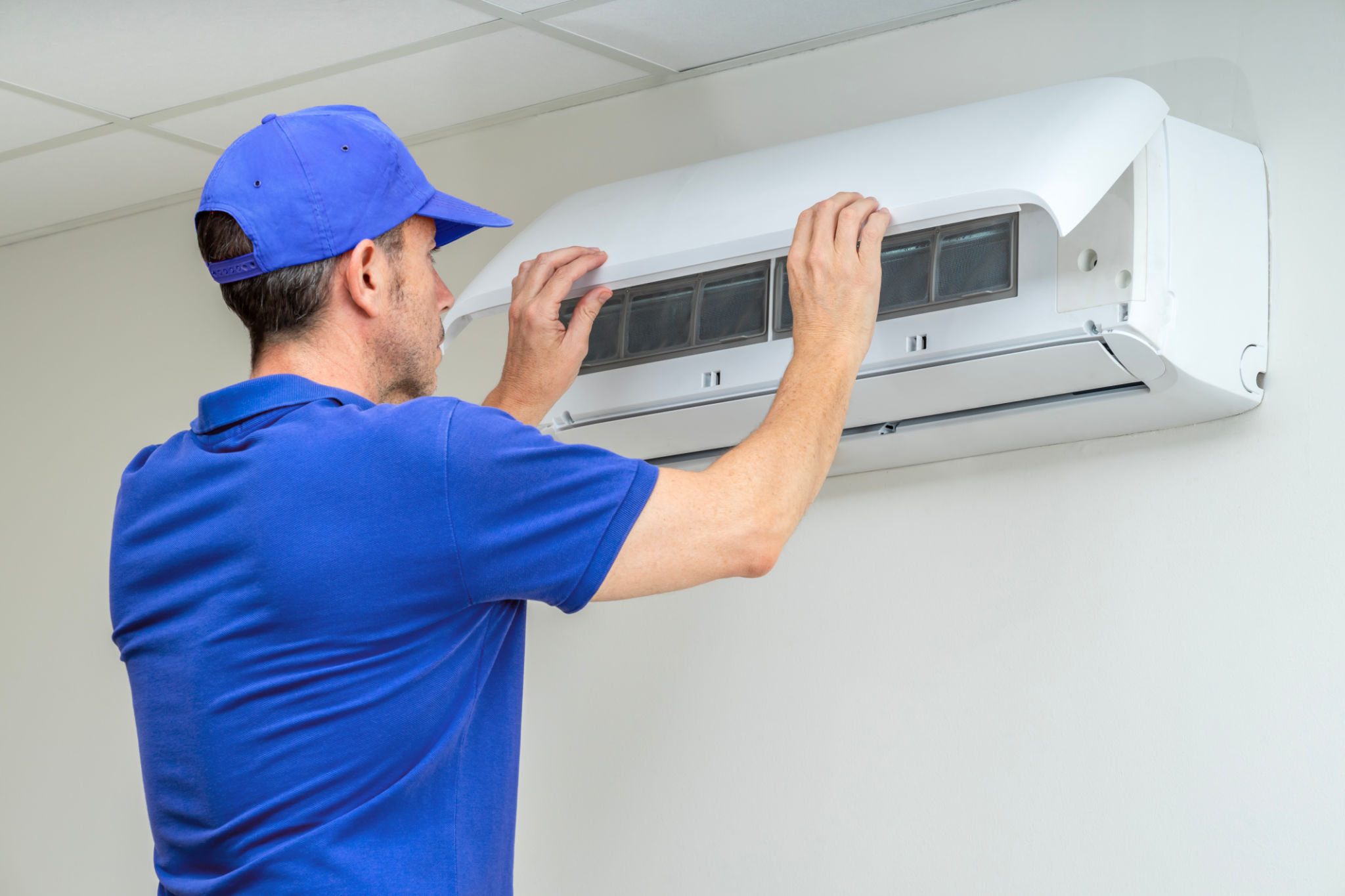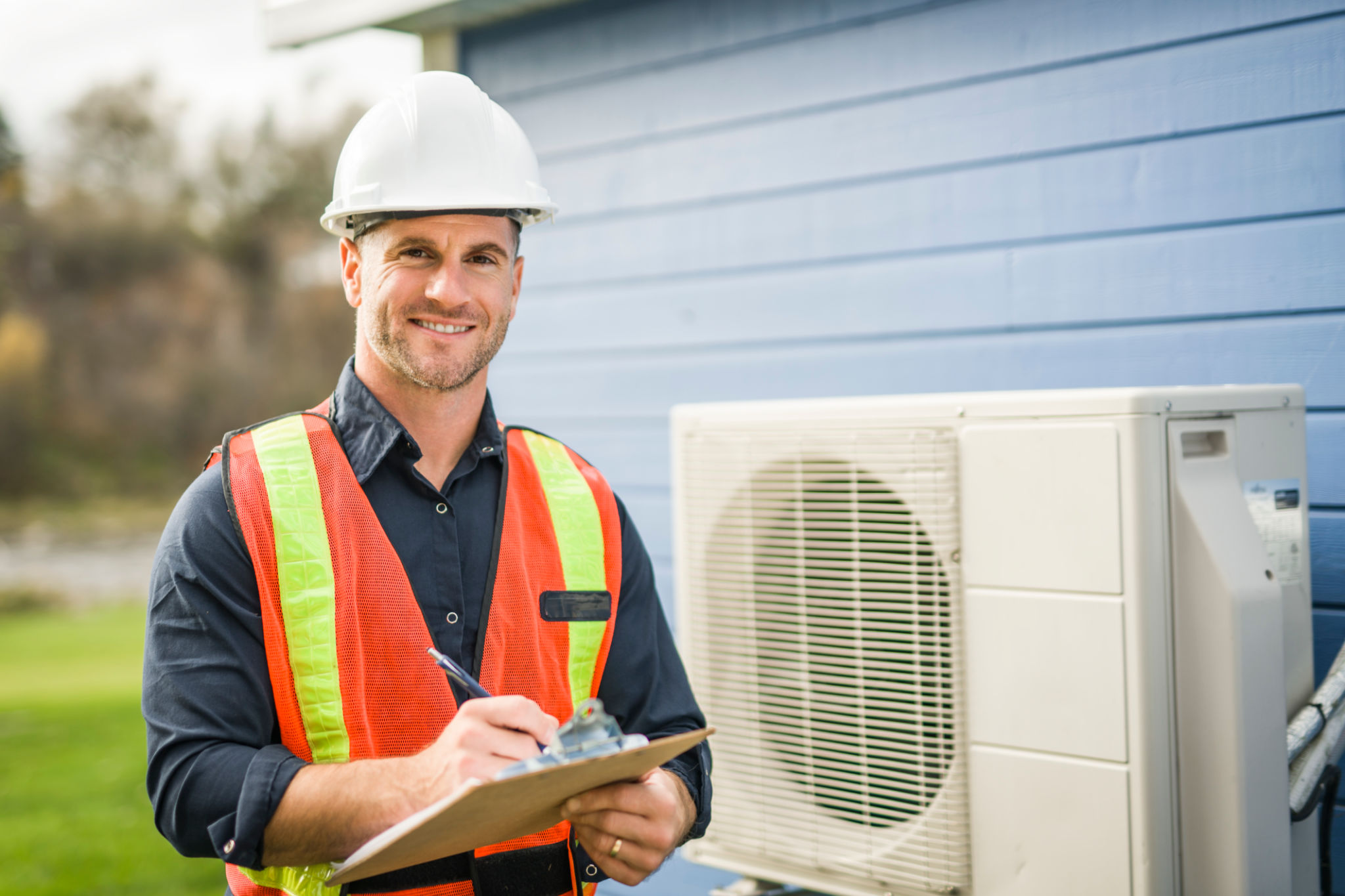How to Improve Your Restaurant's Energy Efficiency with HVAC Upgrades
Understanding the Importance of Energy Efficiency
Running a successful restaurant involves more than just excellent food and service; it also requires efficient management of operational costs. One of the most significant expenses for any restaurant is energy consumption, particularly from heating, ventilation, and air conditioning (HVAC) systems. By focusing on energy efficiency, restaurant owners can not only reduce their environmental impact but also save money on utility bills.

Assessing Your Current HVAC System
Before making upgrades, it's essential to assess the current state of your HVAC system. This involves evaluating the system's age, performance, and maintenance history. Older systems are often less efficient and may be due for replacement. Additionally, regular maintenance checks can identify inefficiencies or issues that could be rectified to improve performance.
Conducting an Energy Audit
An energy audit is a crucial step in understanding where improvements can be made. This process typically involves a professional assessment of your restaurant’s energy usage patterns and identifying areas for improvement. An audit can highlight inefficient components or practices and suggest targeted upgrades for maximum energy savings.

Upgrading to Energy-Efficient HVAC Systems
Investing in energy-efficient HVAC systems can significantly reduce your restaurant's energy consumption. Modern HVAC systems are designed with advanced technology that optimizes energy use while maintaining comfort. Look for systems with high Seasonal Energy Efficiency Ratio (SEER) ratings, which indicate better efficiency.
Choosing the Right System
When selecting a new HVAC system, consider factors like the size of your restaurant, the local climate, and specific operational needs. Consulting with an HVAC professional can help you choose a system that offers the best performance for your particular setup.

Implementing Smart Thermostats
An easy and effective way to enhance energy efficiency is by installing smart thermostats. These devices allow you to program temperature settings based on your restaurant's operational hours, ensuring that energy is not wasted when the space is unoccupied. Smart thermostats can also provide insights into your energy usage, helping you adjust settings for optimal efficiency.
Regular Maintenance and Monitoring
Even the most advanced HVAC systems require regular maintenance to operate efficiently. Establish a routine maintenance schedule that includes cleaning filters, checking ductwork, and inspecting system components. Regular monitoring also helps identify potential issues before they become costly repairs.

Additional Energy-Saving Tips
Beyond HVAC upgrades, there are other strategies to improve energy efficiency in your restaurant. Consider installing energy-efficient lighting, sealing windows and doors to prevent drafts, and educating staff about best practices for energy conservation. Small changes can collectively make a significant impact on your overall energy consumption.
By taking proactive measures to improve your restaurant's energy efficiency, you not only contribute to environmental sustainability but also enhance your bottom line. Embracing these changes can lead to a more comfortable dining environment for your guests and a more cost-effective operation for your business.